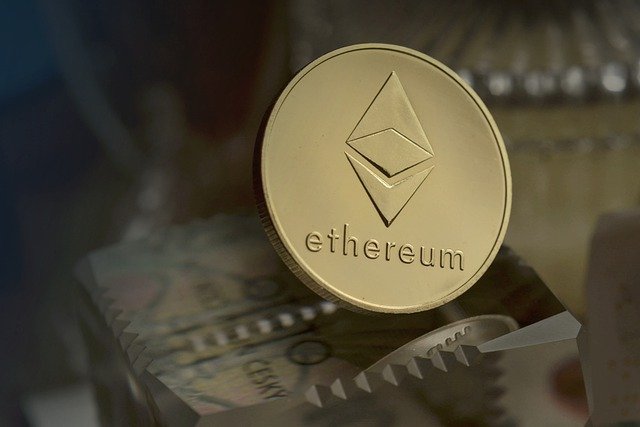A smart contract is a self-executing computer program with the terms of the agreement directly written into code. It runs on a blockchain network and automatically executes the conditions of the agreement between buyers and sellers, without the need for intermediaries. The code, once deployed, is immutable, transparent and secure, allowing for trustless and decentralized transactions.
The concept of smart contracts was first described by computer scientist Nick Szabo in 1994. Szabo is a legal scholar and computer scientist known for his research in digital contracts and digital currency. He proposed the idea of self-executing contracts with the terms of the agreement directly written into lines of code. The concept laid the foundation for the development of smart contracts as they are known today, which are used to automate various financial and legal processes.
Smart contracts gained widespread recognition and fame after the creation of the cryptocurrency, Ethereum, in 2015. Ethereum is a blockchain-based platform that enables the creation of decentralized applications and smart contracts. Unlike Bitcoin, which was primarily created as a digital currency, Ethereum was designed to be a platform for decentralized applications and smart contracts, allowing developers to build and deploy their own decentralized applications on the Ethereum network.
The success of Ethereum and its widespread use in various decentralized applications popularized the concept of smart contracts, and many other blockchain platforms have since followed suit, offering their own implementations of smart contracts. The transparency, security, and automation offered by smart contracts have made them an attractive solution for a wide range of industries, leading to their growing popularity and recognition.
Here are the five key use cases of smart contracts
- Decentralized Finance (DeFi): Smart contracts are used to create decentralized finance applications, such as decentralized exchanges (DEXs), lending and borrowing platforms, and yield farming protocols.
- Supply Chain Management: Smart contracts can be used to automate and optimize supply chain processes, such as product tracking, quality control, and payment management.
- Real Estate: Smart contracts can be used in real estate transactions to automate the transfer of property ownership, streamline the mortgage application process, and enforce property rights.
- Identity Management: Smart contracts can be used to secure and manage digital identities, ensuring privacy and control over personal information.
- Gaming: Smart contracts can be used in the gaming industry to provide secure, fair, and transparent gaming experiences, such as non-fungible token (NFT) based games, and prediction markets.




